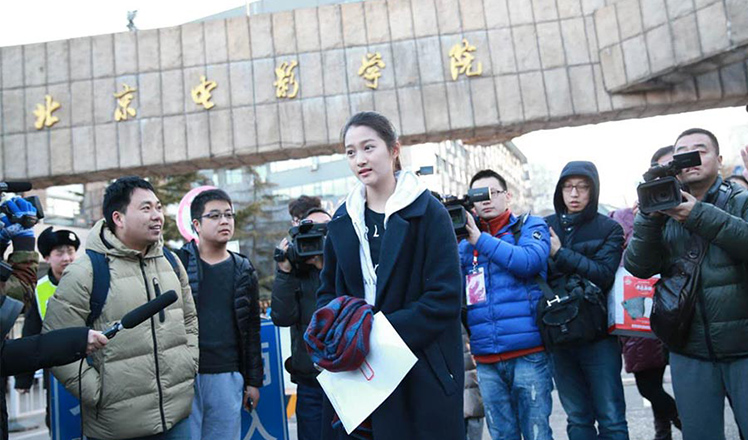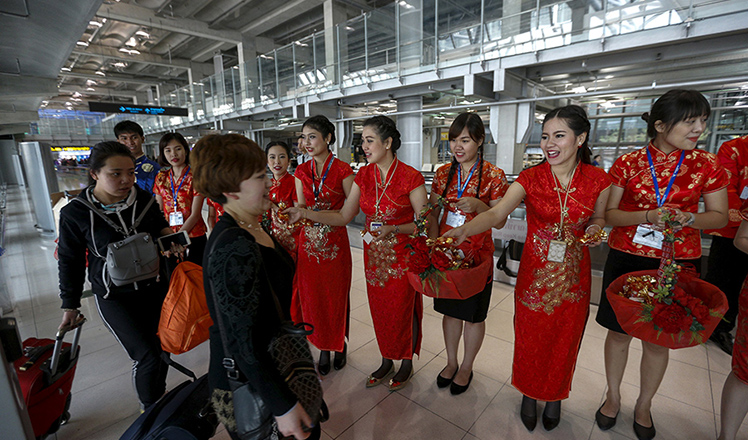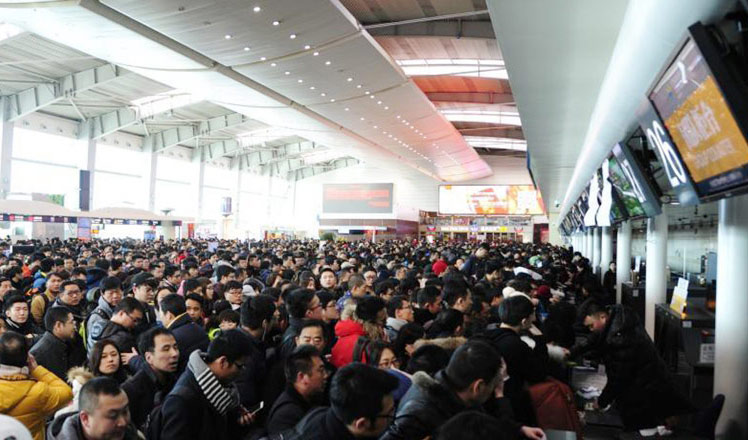Argentina reaffirms peaceful nature of Chinese ground station
Updated: 2016-02-16 19:06
(Xinhua)
|
||||||||
Secretary Rodolfo Laffitte shrugged off fears that the station, being built in western province of Neuquen, would be for covert military use or it is built under a secret deal with China.
The facility would be incapable of serving military ends because it has not been designed to facilitate mobile communication on the ground, he said.
The secretary noted that its antenna, 35 meters in diameter and weighing 700 tons, "makes it ineffective for any military use on earth."
"Military communications are not stationary, they are mobile. These antennas are used for communications over very long distances, thousands and millions of kilometers, like to the moon or planets," he said.
Laffitte denied the existence of secret clauses in the contract as claimed by some media reports, saying "the three accords have been published by regional media" and "no other signed document exists."
The secretary also cited the 1967 Outer Space Treaty, saying the agreement between the Chinese side and local authorities of Neuquen includes no clauses that specifically state the exclusively civilian nature of the station, "because the treaty already says so."
The 1967 Outer Space Treaty, which bars governments from using space for hostile purposes or claiming celestial bodies as their own, has been signed by more than 100 countries, including Argentina and China.
In a recent interview with Xinhua, Jorge Sapag, former governor of Neuquen Province, said the project represents a 50-million-dollar investment in the province that can create 400 direct jobs and boost the development of the local economy, technology and education.
As part of China's lunar exploration program, the facility is similar to another one in neighboring Mendoza province that is sponsored by the United States and European countries, but has "failed to receive so much criticism," Sapag said.
The accord between Argentina's National Space Activities Commission (CONAE) and the China Satellite Launch and Tracking Control General (CLTC) is similar to an earlier accord signed between Argentina and the European Space Agency (ESA), which led to the inauguration in December 2012 of a space station in Mendoza to support ESA's deep space exploration missions.
Sapag, who was succeeded as governor by his ex-economy minister Omar Gutierrez, said the station will allow Chinese scientists to monitor their spacecrafts they cannot register from China.
Sapag called for "debunking (the belief in) the military use of the (station), because it's simply an antenna. Otherwise, we would have to question the launching of every satellite into distant space."
Felix Menicocci, secretary general of CONAE, believes the facility will serve to further scientific research in both countries.
"The project benefits our country in several ways, since it will allow us to foment economic, technological and educational development; create jobs for the local and regional population; and promote scientific tourism through the construction of an on-site educational center," Menicocci told Xinhua days after Argentina ratified the agreement it signed with Beijing in April 2014 on the construction and operation of the ground station.
The agreement also allows the CONAE to use the antenna for further national scientific research in space exploration, as well as regional and international cooperation.
- Chinese embassy helps Argentina to deal with massive flooding
- China national team heads to Argentina for Footballgolf World Cup
- Argentina issues orange alert for heat wave
- China-made trains cover all Argentina's long-distance lines
- China calls for boosting tourism ties with Argentina: Chinese ambassador
- Chinese military sets up corruption hotline
- Foreigners working in Beijing can now buy apartments immediately
- Thousand-year-old temple seeks new media talents
- First train from China to Iran stimulates Silk Road revival
- Big data for Spring Festival: 8m overseas trips, etc
- Winter swim enthusiasts celebrate the Year of the Monkey
- 2016 Westminster Kennel Club Dog Show held in New York
- Pakistan confirms participation in Saudi-led military drills
- Jeb Bush gets a brotherly hand from George W. in S. Carolina
- Jail term begins for former Israeli PM Olmert
- Record-setting cold chills US Northeast
- Chinese, ROK officials to discuss Korean Peninsula issue

 Taylor Swift wins Album of the Year at Grammys
Taylor Swift wins Album of the Year at Grammys
 Stars spotted at film academy exam in China
Stars spotted at film academy exam in China
 Record number of Chinese travel abroad for Spring Festival
Record number of Chinese travel abroad for Spring Festival
 Future bodyguards undergo brutal training in Beijing
Future bodyguards undergo brutal training in Beijing
 Chinese Lunar New Year marked in central London
Chinese Lunar New Year marked in central London
 Top 10 most difficult cities in China to get a taxi
Top 10 most difficult cities in China to get a taxi
 Sichuan opera charms British children
Sichuan opera charms British children
 Thousands of passengers stranded at Dalian airport
Thousands of passengers stranded at Dalian airport
Most Viewed
Editor's Picks

|

|

|

|

|

|
Today's Top News
Will US-ASEAN meeting be good for region?
Accentuate the positive in Sino-US relations
Dangerous games on peninsula will have no winner
National Art Museum showing 400 puppets in new exhibition
Finest Chinese porcelains expected to fetch over $28 million
Monkey portraits by Chinese ink painting masters
Beijing's movie fans in for new experience
Obama to deliver final State of the Union speech
US Weekly

|

|







